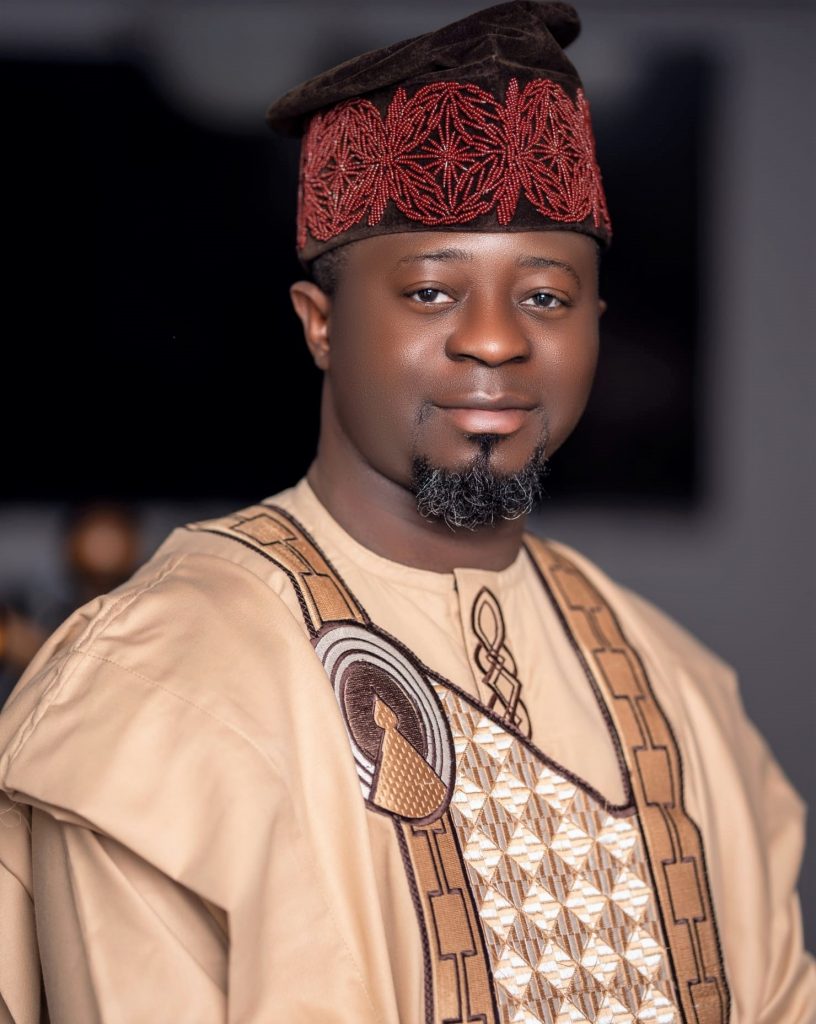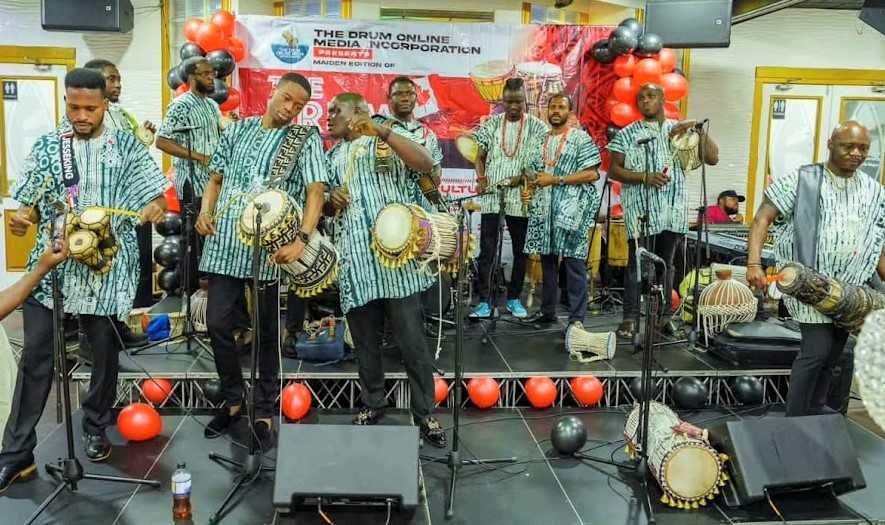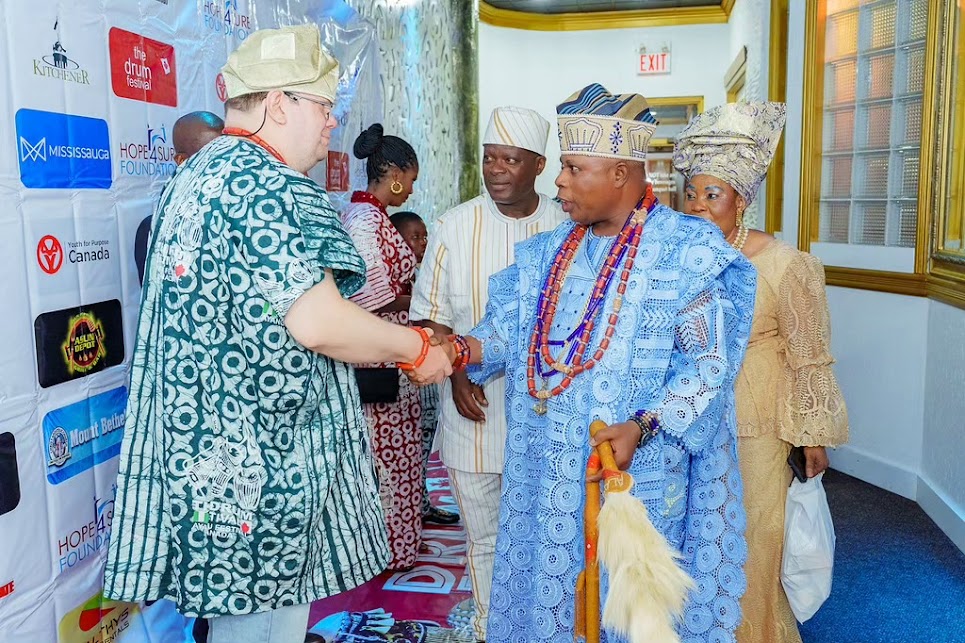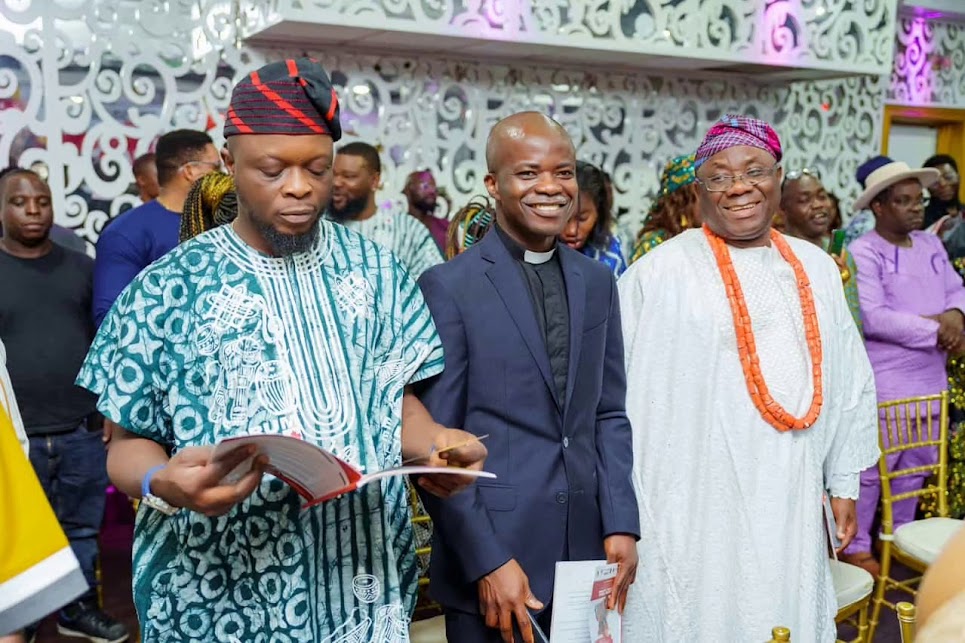We will expand Ayangalu to pan-African drum festival next year-Akanni
Posted on: September 10, 2023, by : uguru okoriePrince Segun Akanni is the publisher of the Drum Online Media Organisation, organisers of the Ayangalu Drum festival in Canada. The maiden edition of the festival was successful held in Canada last July.
In this interview with Africa Travel Herald, Prince Akanni talked about the maiden edition and plans for the future edition of the festival. Excerpts:

Prince Segun Akanni
The maiden edition of the drum festival has come and gone this year, how would you describe the event and the experience?
Firstly, I would like to thank the Almighty God for making the event a very successful one. We fixed a date, and the date came, the event was held. It was massively celebrated by Nigerian-Canadians, the Africans, Canadians, Europeans and a lot of people from different parts of the world. It was more successful than what we expected.
If you say it was highly successful, and more successful than what you expected, in what sense?
In the caliber of people that attended the event, and how the event went. My target was just to start it in a small way. I never expected it was going to snowball into that kind of a big, carnival-like event. Because our projection was to have about 100 people, but I won’t lie to you, the attendance we had on that day was much. At a stage, we were begging some of our family friends to stand up for some of our invited guests, because they came in large number. A lot of people showed up, even those we did not expect, they came. We made sure we made the event opened to everyone to attend. We did not levy anybody; we did not ask anybody to pay for any ticket or whatever. So, people came en mass.
They came and they enjoyed themselves. They had fun and people experienced the real Yoruba, Nigeria and African culture to the fullest. It was highly successful. That is why I said I would like to thank the Almighty God for making it a very successful event. It has never happened in the history of the blacks in Canada, assembling about 20 drummers to perform live on a stage like that.
We had different set of percussionists and they all came from different parts of the world. A lot came from Europe, some came from the United States of America (USA), and some came from Nigeria while others are Canada based. I was thrilled by their performances.
We had a European talking drummer come all the way from Europe…
From Munich in Germany.
Okay, could you talk about his participation being a European coming for an African drum festival?
He is a white guy from Germany. He speaks our language (Yoruba) fluently. He is a Bata drummer, and he is married to a Yoruba woman. The guy is so passionate about our culture. He is so passionate about Nigerian culture. I just talked to him on phone and he said ‘oh Prince, I have been monitoring your activities for long. I have been seeing the publicity. I would like to come and be part of it. I said okay, if you would like to come, I will do all the needful. I did all the needful and he landed in Canada. Everybody was thrilled to see a white man beating our drum and speaking our language. The culture that some of us are neglecting, the culture that some of us are abandoning, a white man flew all the way from Munich Germany to come down and identify with us. It is such an amazing thing.
The primary reason for the Drum Festival Canada was the promotion of African culture and tradition. Do you think you achieved that purpose?
Yes, we even achieved more than that. We were able to showcase the new African culture in a positive light. Like I said before, it has never happened before in the history of blacks living here in Canada, even blacks living in North America. After the event I took my time to think back, because you know I am a traveler. I have been to over 30 countries. I have been calling and talking to our people in Europe, Africa and Asia, to ask if such event had held once in their domains, and they said no. I want to say this is the first of its kind in Canada.
As I speak to you, I have a lot of people from Ghana, Togo, Benin Republic, Kenya, Uganda, Burundi and Tanzania, calling and assuring me that they would be part of the next year’s event. Some are asking me to make the festival bigger than the way it is currently. They want me to stage a pan-African drum festival here in Canada.
That brings me to the next question: after this maiden edition, what next?
Immediately we finished this maiden edition, we started reviewing how it went to know the plus and minuses. As soon as we are through with this review, we make sure we fix a day for next edition. Anytime soon, a date for the second edition will be announced. But the second edition will be a pan-African drum festival.
So, we are moving from just Ayangalu festival which focuses on the rich Yoruba culture to a more elaborate pan-African festival?
Exactly. That is what people are demanding for. They are saying they don’t want the festival to be made sectional, ‘we want you to make it bigger so that you can accommodate and incorporate us into it.’ They said they are ready to support us, and they are ready to come with their drummers. They said they are ready to use the festival to showcase their rich culture.
How were you able to finance such a huge festival, especially in a foreign land?
It was not easy. The programme was a self-funded event. I did not get any grant, or any money whatsoever from anyone. The event was packaged by myself, my family and my team.
How can the festival be more open, having successfully held the first edition and are you looking at reaching out to corporate sponsors and institutions to be part of it?
We are looking at that. That is why we are inviting a lot of major stakeholders that are in cultural promotion, tourism and other sectors to be part of it. We want them to support us so that we can make it bigger. They should come on board and support us morally and financially. It is my passion and it is what I have been doing for more than two decades now. I know what to do, and I know what I want. I know how to showcase our rich culture.



